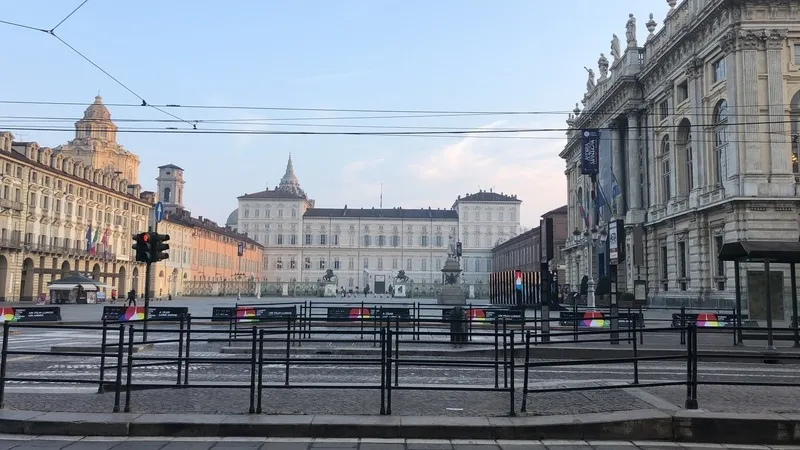A memorandum of understanding (MoU) has been signed by the Rio de Janeiro State Government and leaders from Brazil's public-private sectors to accelerate zero-emission transportation in Rio de Janeiro. The partners for this historic deal are
As part of the MoU, the parties will study the possibility of producing electric vehicles in the state, as well as the entire infrastructure necessary for running such cars. The project is part of the Rio Capital Energy Program, coordinated by the State Department of Economic Development, Energy, Industry and Services of Rio de Janeiro.
"We want to make sure Rio de Janeiro will be a world's reference in energy for the twenty-first century, repeating the vocation that Rio already has in the area of traditional energy," said the secretary of the State Department of Economic Development, Energy, Industry and Services, Julio Bueno, commenting on the program.
Sao Paulo and Rio de Janeiro are currently rolling out pilot programs that use the Nissan Leaf as part of the cities' taxi fleets.
"Renault-Nissan is in the vanguard of electric vehicles. This new initiative reaffirms our global commitment to offering sustainable urban mobility that is fun to drive," affirmed Carlos Ghosn, the Renault-Nissan Alliance CEO during the announcement.
Rio de Janeiro launches electric car partnership
A memorandum of understanding (MoU) has been signed by the Rio de Janeiro State Government and leaders from Brazil's public-private sectors to accelerate zero-emission transportation in Rio de Janeiro. The partners for this historic deal are Renault-Nissan Alliance, Petrobras Distribuidora, Light, Ampla and Rio Negocios.
June 20, 2013
Read time: 2 mins










